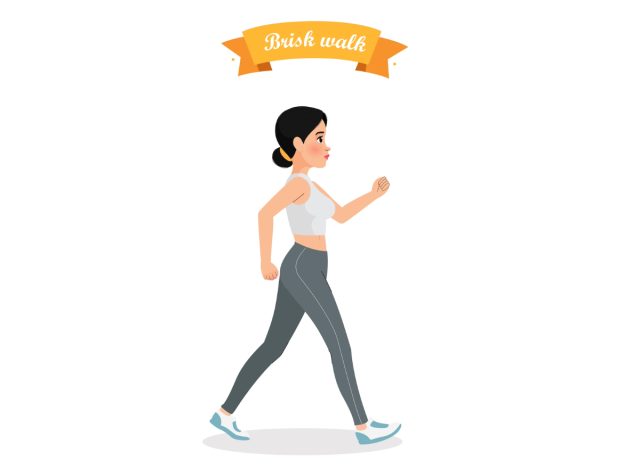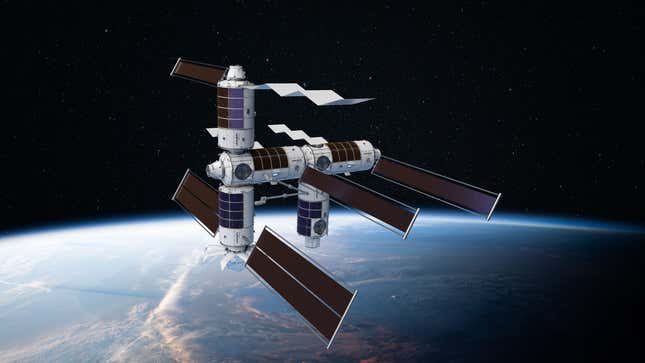One anonymous woman went through multiple rounds of egg freezing, but ended up with only eight eggs, far less than what was recommended by her doctors to have a higher chance of a live birth. “The last egg freezing, I got one egg,” she said. “I just had the most expensive period ever.” Since her health insurance did not cover the procedures, she had to pay $60,000 out of pocket. However, after meeting her now-husband, she successfully used one of the eight frozen eggs to create an embryo for in-vitro fertilization and eventually had their son, who is now 15 weeks old.
This woman is part of a growing trend of women opting to freeze their eggs. The Society of Assisted Reproductive Technology reported a 400 percent increase in procedures from 2012 to 2020 and a further 31 percent increase from 2020 to 2021. Additionally, companies such as Google and Apple have started covering part or all of the cost of the procedure as an employee benefit.
Dr. Denis Vaughan, a reproductive endocrinologist and the director of clinical research at Boston IVF, attributes the increase in egg freezing to a combination of factors including advancements in technology, increased patient awareness, and decreased financial barriers.
Despite this surge in popularity, only 2½ percent to 3 percent of women who undergo egg freezing actually return to use their eggs, according to a finding by the American Medical Association.
When more effective egg freezing technology became widely available for elective procedures over a decade ago, it was hailed as a “reproductive revolution,” not unlike the birth-control pill in its ability to give women more control over their reproductive choices. However, the reality is more complex. Although egg freezing is more common than ever, only a very small number of women return to retrieve their eggs for various reasons.
Medical anthropologist Marcia Inhorn believes that the main reason for the low usage of frozen eggs might be the inability of some women to find a stable reproductive partner. For some women, egg freezing is like a suspension bridge, allowing them to bridge the gap in their lives until they find a reproductive partner. Inhorn emphasizes that egg freezing cannot solve the social and relationship problems that lead women to pursue it.
Medical sociologist Kit Myers found that for many women, egg freezing served as an emotional security blanket and a way to alleviate social pressure when faced with questions about not being married or a mother at a certain age.
Egg freezing, which can cost anywhere from $7,000 to $20,000 per cycle, may not always be used for the intended purpose of having children. Despite the low usage rates, some women still view egg freezing as a modern development in reproductive medicine that offers a backup plan or additional asset for those who may eventually use their frozen eggs.
The emotional and financial burden of egg freezing is a reality for many women. Erin Berger, a publicist, underwent a two-week hormone injection process and egg retrieval surgery to obtain 25 eggs, an experience that left her feeling uncertain about her decision. Berger highlighted the importance of knowing oneself and being mindful before opting for such a procedure, especially when fertility tests show no issues.
Despite the uncertainty and emotional strain, some view egg freezing as a viable option. For example, Katie Murphy, who underwent four rounds of egg freezing, was eventually able to have a child via IVF and sees egg freezing as a way to overcome fertility issues. Murphy is currently undergoing her ninth round of egg freezing and remains hopeful about having children.
Clinical social worker Ellen S. Glazer recommends that patients consider egg freezing, even if the chances of ultimately having a baby from their eggs are low, as those eggs could still matter for those in the small percentage who choose to use them.
Now 37, e-commerce entrepreneur Alix Greenberg, who had her son through IVF, is confronted with the decision of whether to freeze her eggs again. Although grateful for the process that gave her a son, she still wonders if it was truly necessary and feels pressured to have a backup plan.
Despite the advancements in technology, egg freezing continues to present women with complex emotional and societal challenges that may not have a straightforward solution.
More women are choosing to freeze their eggs than ever before. So why do so few end up using them?















